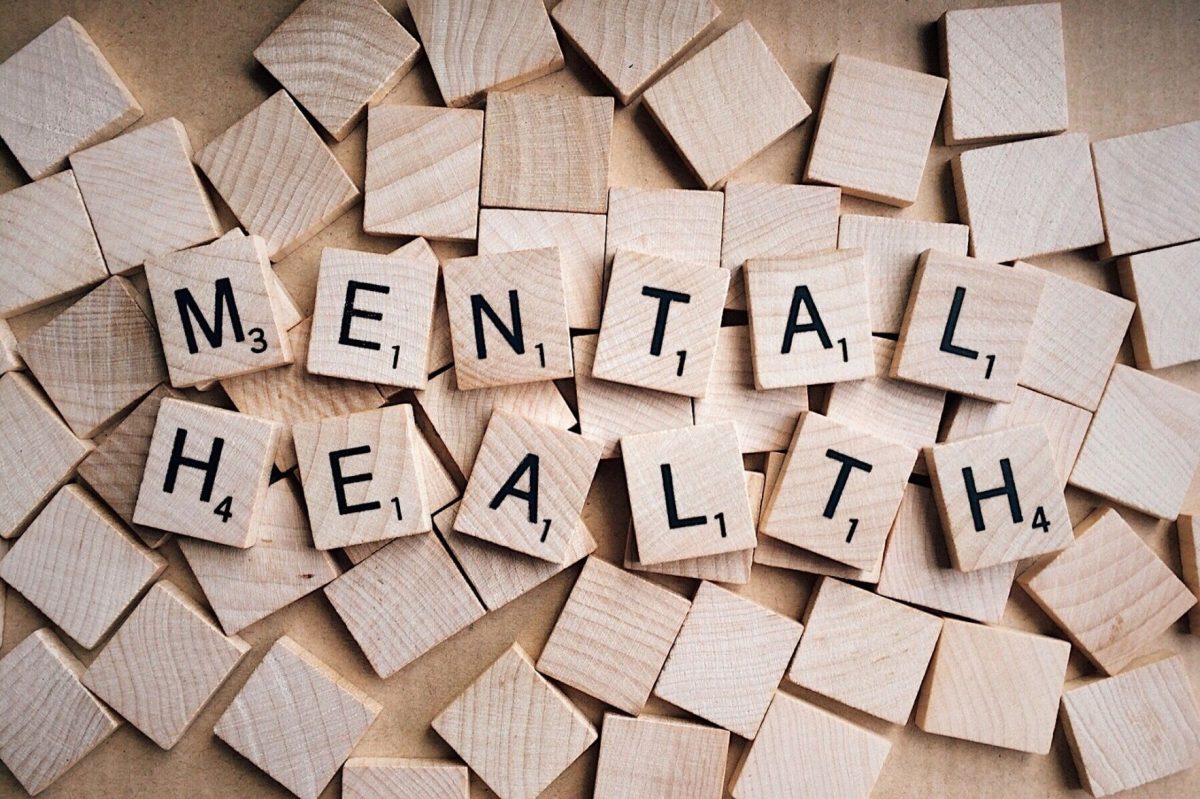There is no denying that COVID-19 has pushed mental health front and center in a way it has never been before. While discussions and statistics about mental health have circulated regularly since March 2020, when COVID-19 entered our lives, it was different this summer. Late this summer, the subject of athletes and mental health flooded conversations, headlines and airwaves across the globe. With two prominent athletes, Simone Biles and Naomi Osaka, pulling out of elite worldwide competitions after citing mental health concerns, the spotlight, again, fell on this once-taboo subject.
The link between a student’s body and mind is a critical aspect of everyday life. According to the National Alliance on Mental Illness (NAMI), 1 in 5 adults will live with a mental health condition at some point in their lives. Many manage their symptoms with therapy, medication or exercise. While it is certainly not a guaranteed cure, exercise can boost moods and improve mental health by releasing endorphins, which make us feel, sleep and perform better.
With pressures to perform in the game, academically and publicly, being an athlete can be incredibly stressful for mental health. Despite what people may think, playing sports and exercising does not automatically exempt athletes from mental health challenges. The statistics are surprising in young adults: 33% of all college students experience serious symptoms of anxiety, depression or other mental health conditions. Among this group, 30% seek a form of help. But of college athletes who face mental health conditions, only 10% do.
While the most recent, Biles and Osaka were not the first athletes to open up about struggles with mental health on a public stage. Michael Phelps, the most decorated Olympic athlete in history, has been candid about his struggles with depression. NBA All-Star Kevin Love has been vocal about how his mental health impacts his ability to perform. It is important to remember that athletes are people. Although they happen to perform at extreme levels, they deal with the same stressors as everyone else.
We all know (and love!) that Clemson is a very sports-centered campus and university. Even if a student does not compete at the collegiate level, we all know someone who plays or simply enjoys watching college sports.
Counseling and Psychological Services (CAPS) is the mental health department of student health services on campus. CAPS offers a wide variety of resources for differing psychological issues. The service maintains a 24-hour on-call service to help students, who are encouraged to take advantage of the resource as they need it. A quick Google search will present hundreds of articles of advice and tricks to help one get a handle on their mental health. One of the most important coping mechanisms is to permit yourself to take time off, give yourself a break, and care for yourself. Without this crucial mental health component, athletes and non-athletes face the possibility of experiencing burnout on top of everything else.
Nobody questions an athlete taking the time to recover from a broken bone or torn tendon. Those injuries are easy to see and come with a clear understanding that athletes cannot ignore them. While not apparent on an MRI, anxiety, depression and other mental issues can be as debilitating as physical injuries. Hopefully, the attention on mental health, specifically in athletes, will reframe how people look at athletes. No one is born great, but what we do to be great is to pursue greatness relentlessly. It is not about what you are, but what you are trying to be. We are all human, and it is okay to get help to become your best self. So, let’s start having conversations with those around us, athletes or not.
Categories:
Let’s talk about it: Mental health on an athletic-centered campus
Defiance Yenovkian
Assistant Editor
September 2, 2021
0
Donate to The Tiger
Your donation will support the student journalists of Clemson University. Your contribution will allow us to purchase equipment and cover our annual website hosting costs.
More to Discover









